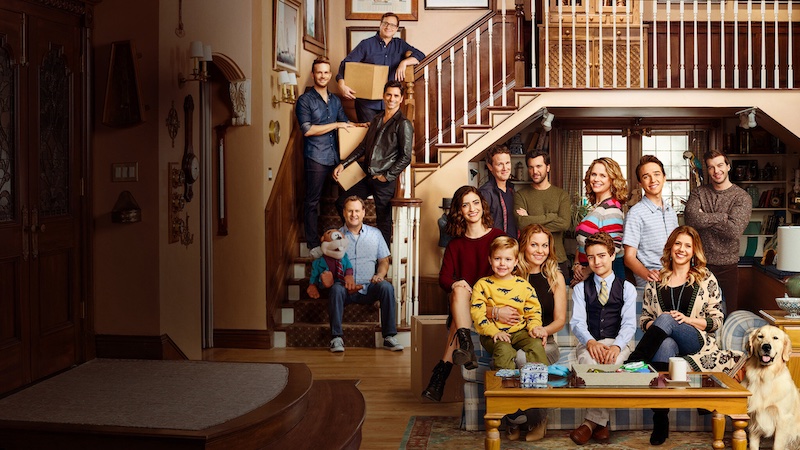
Nothing beats that feeling you get when a familiar chord plays on the radio, plucking forgotten childhood memories from the darkest recesses of your mind.
Older movies and TV shows perform the same function, more or less. They remind you of better times, grounding you within particular moments from the past when you felt happiest.
Philosophers frequently argue that no one realizes that they are in the ‘Good Old Days’ until the good old days pass. They have also assured us that ‘The Good Old Days’ are never as good as you remember.
Rather, your brain is editing the past to present a better picture than whatever you are experiencing today. Essentially, you are lying to yourself. But that’s sort of okay because nostalgia makes you feel good.
Even the sadness it occasionally summons produces a bizarre element of satisfaction. But if that is true, why is ‘Nostalgia Bait’ such a bad word today? People use ‘Nostalgia Bait’ to refer to Hollywood’s habit of relying on older stories and characters to capture audience attention.
Why else were Fuller House and That ’90s Show made, if not to enchant your parents, who grew up watching Full House and That ’70s Show? In this age, IP is king. Studios are continuously fighting over established intellectual properties because pre-existing comics, novels, and video games come with built-in audiences.
Call of Duty has sold over 500 million copies since its inception in 2003, so of course, Hollywood is looking to turn that franchise into a live-action movie. An established gaming franchise is less of a risk than a brand-new concept with no pre-existing fanbase.
Older franchises offer the same security. Why would you take a chance on a fresh sitcom when Big Bang Theory was the biggest comedy on TV for years, and the show’s viewers are just as likely to migrate over to Young Sheldon?
Friends and Seinfeld are still among the most viewed shows today, even though they ended in 2004 and 1998, respectively. Peacock paid $500 million for the rights to stream The Office. Why?
Because modern audiences would rather watch a show that ended over a decade ago than its newer counterparts. That brings us back to the ‘Nostalgia Bait’ accusations I referenced earlier.
It has become the popular thing to criticize Hollywood for relying on nostalgia. Professional critics and ordinary viewers routinely rebuke studios for their supposed creative bankruptcy, arguing that Hollywood is either lazy, greedy, or merely out of ideas because they don’t make anything original.
Nostalgia bait guarantees a quick return on investment because of that built-in audience I mentioned. They would rather do the easy thing than take a chance on a new IP. These voices believe they speak for everyone because reboots and remakes tend to fail, seemingly proving that viewers don’t want nostalgia bait. I don’t agree.
First, most nostalgia-focused movies and TV shows fail because they are bad, not because viewers hate so-called ‘Nostalgia bait.’ If you make a decent reboot/remake of an older Movie/TV show, people will watch it.
Secondly, Hollywood is not creatively bankrupt. How do I know this? Because 99 percent of everything they make is unique. The reboots/ remakes are a tiny minority; the people who complain about them are the same ones who ignore the hundreds of original content Hollywood makes every year, which basically tells studios that they are correct to rely on nostalgia. Why make original content when no one is watching it?
Thirdly, nostalgia is a good thing. It boosts self-esteem, revitalizes your sense of purpose, and reminds you of how far you have come.
mbjjnr8@gmail.com



